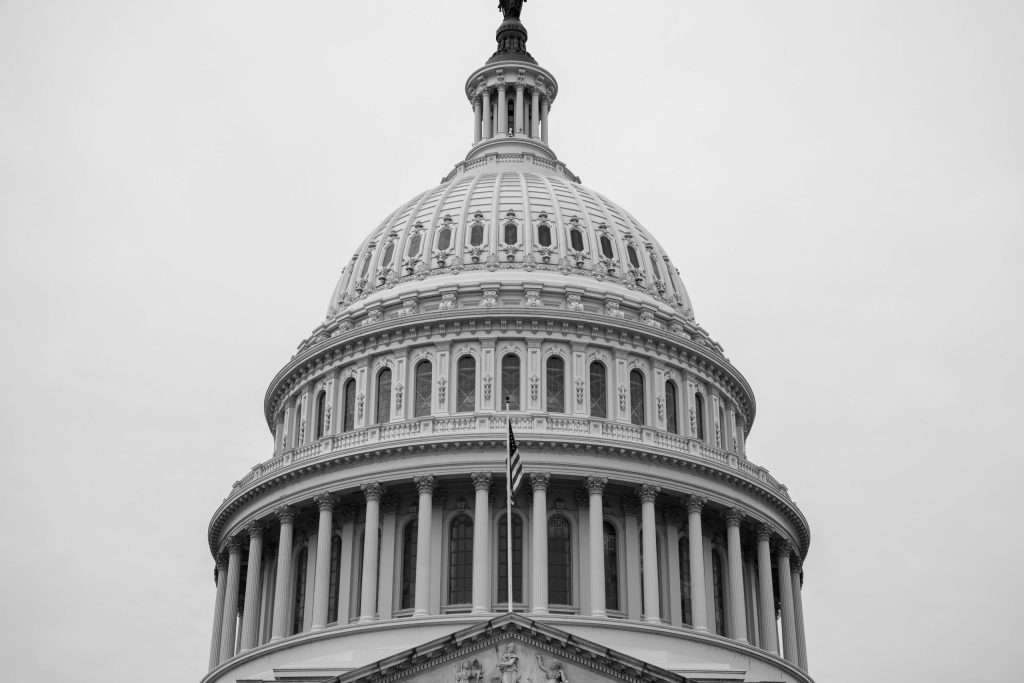President Joe Biden has suggested a significant increase in tariffs on Chinese steel and aluminum, a move that has garnered mixed reactions from industry groups. The Can Manufacturers Institute (CMI) argues that the proposed tripling of the current 7.5% tariff under Section 301 is insufficient to protect the U.S. metal can sector from Chinese imports.
President Robert Budway emphasized the urgency of addressing the influx of Chinese steel and aluminum products, which includes canned foods and components for can manufacturing. The industry’s focus is on tin plate steel, a specialized material used in can production that represents a minor fraction of the overall steel market.
CMI Calls for More Aggressive Measures
Conversely, the Aluminum Association has endorsed the proposed tariff hike, viewing it as a direct counter to China’s non-market practices and state subsidies that undermine U.S. manufacturing and global carbon reduction efforts.
Aluminum Association Supports Tariff Hike
The Section 301 tariffs, a legacy of the Trump administration, are currently under review. These are in addition to the Section 232 tariffs, which impose a 25% duty on steel and a 10% duty on aluminum imports. The Biden administration has been active in imposing antidumping and countervailing duties and investigating anti-competitive practices by Chinese exporters.
Background on Section 301 Tariffs
Recently, the Department of Commerce concluded that certain steel imports, including those from China, are unfairly priced and subsidized, with China’s dumping rate exceeding 120%.
Commerce Department Findings
Budway urges immediate action to protect U.S. union jobs in the metal can and canned food industry by increasing duties on Chinese-made aluminum and steel can products. He warns of the economic damage to these industries without intervention.
Urgent Action for U.S. Jobs
The can industry has a significant union presence, with varying percentages of unionized workers across U.S.-based public companies that are CMI members.
Union Representation in Can Industry
During a speech at the United Steelworkers headquarters, Biden highlighted his administration’s commitment to fair trade and U.S. competitiveness through infrastructure, clean technology, and other initiatives.
Biden’s Commitment to U.S. Competitiveness
CMI data indicates a substantial rise in canned food imports, particularly from China, since the imposition of Section 232 tariffs. The industry perceives these tariffs as having a more pronounced impact on tin plate pricing compared to Section 301 duties.
Serve back as clean code ready for pasting into WordPress.



